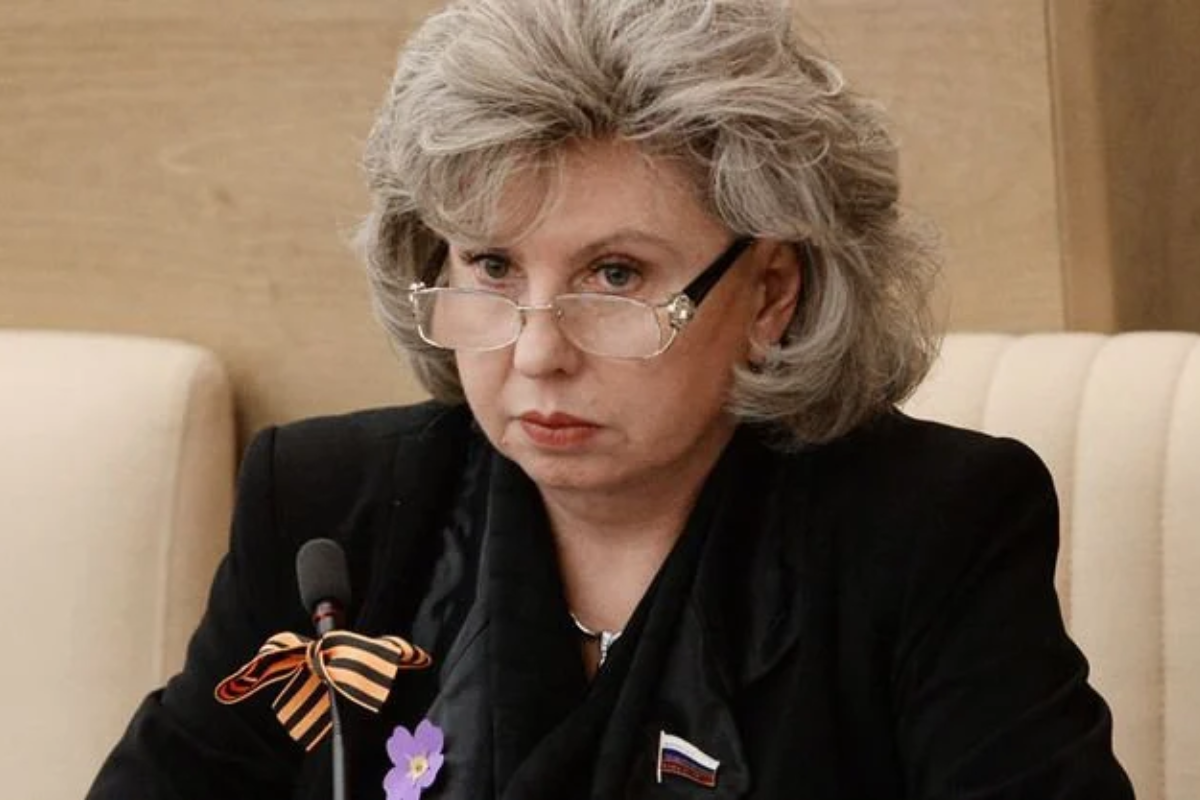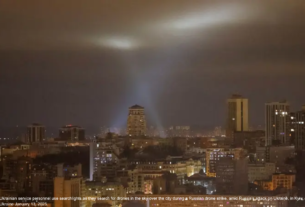Russian Human Rights Commissioner Tatyana Moskalkova called for an end to the dehumanization of Ukrainian soldiers amid ongoing conflict. Her comments, made during a recent interview, praised the behavior of Ukrainian troops in the Russian region of Kursk, drawing attention from both independent media and pro-Kremlin sources.
Moskalkova’s remarks were seen as a rare instance of criticism of the harsh rhetoric surrounding the war. She highlighted the professionalism and discipline of Ukrainian forces, noting that such conduct should be recognized despite the ongoing conflict.
“I believe we must stop dehumanizing any soldier, regardless of which side they are on,” Moskalkova said. Her call for compassion was an unusual stance from a government official within Russia, a country where the narrative often casts Ukrainian soldiers as enemies.
Independent media outlets quickly picked up her comments, praising Moskalkova for speaking out against the common portrayal of Ukrainian soldiers as less than human. However, her remarks were met with backlash from pro-Kremlin bloggers who accused her of betraying the official narrative.
The criticism from pro-Kremlin figures highlighted the ongoing polarization within Russian public discourse. Many bloggers and commentators continue to support the dehumanization of Ukrainian soldiers, reflecting the broader tension in Russian society about how the conflict is portrayed.
Some experts argue that Moskalkova’s comments represent a small but significant shift in the language surrounding the war. Her emphasis on empathy could signal a potential softening of rhetoric within Russian leadership, though it remains unclear how much influence such remarks will have on broader government policy.
The response to Moskalkova’s statement shows the divide between those advocating for a more nuanced approach to the war and those who continue to support extreme rhetoric. As the conflict persists, how both sides are portrayed in the media will play a significant role in shaping public opinion and future negotiations.
Despite the controversy, Moskalkova’s comments add to a growing body of voices calling for a change in how soldiers are viewed in the conflict. Her stance contrasts with the heavy-handed propaganda used by the Russian government to vilify Ukraine and its military.
With both Ukrainian and Russian forces experiencing heavy losses, the push for a more humane approach to the war may gain momentum. While Moskalkova’s position is still seen as out of step with the broader narrative, it marks an important moment in the ongoing discourse on the treatment of soldiers during wartime.
As the conflict continues, it will be important to monitor how both Russian officials and independent media address these issues. Moskalkova’s remarks, though controversial, provide a glimpse of how war could be viewed more humanely, even in such a polarized environment.




